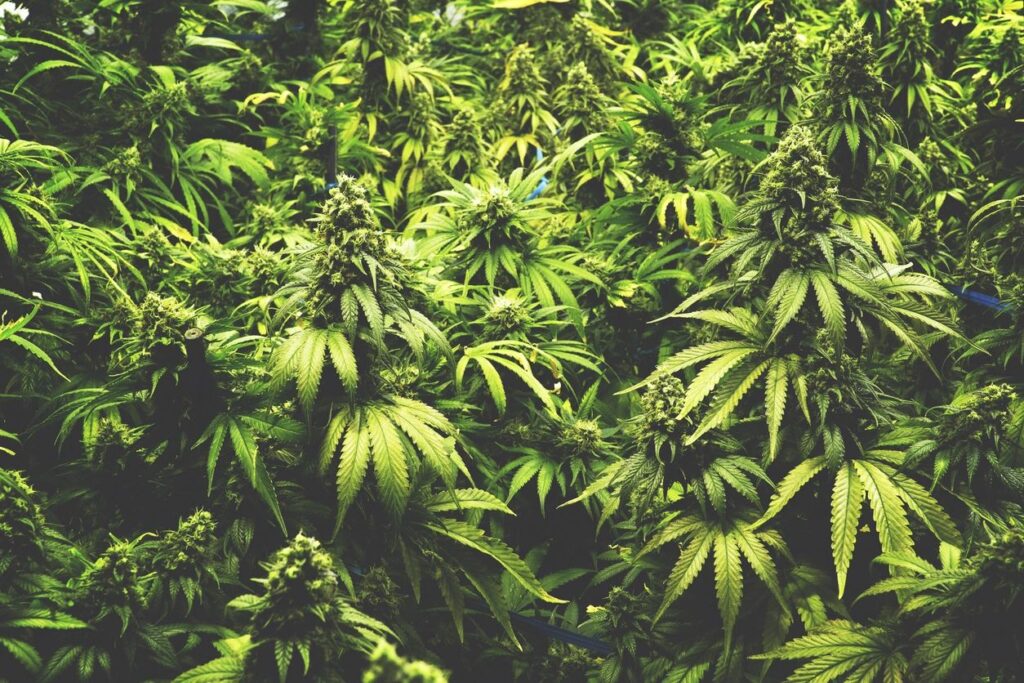
ATLANTA – The Georgia House passed a measure Thursday requiring hemp farmers and sellers to hold licenses showing they are authorized to possess the non-psychoactive cousin of marijuana.
House Bill 847 follows passage last year of a measure that legalized the growing, processing and transport of hemp. It deals with crucial licensing requirements as well as penalties for carrying hemp without proper documents.
Under the bill, anyone caught with hemp who does not have a proper license would face the same penalties as for marijuana possession in Georgia. That could include jail time and fines, depending on the amount of leafy-green substance being carried.
With a license, hemp farmers and others in the new industry could cultivate and transport hemp like any other agricultural product. A late revision to the bill also added college and university hemp researchers to the list of eligible licensees.
Licenses would require paying the state Department of Agriculture a permit fee of $25,000 for the first year and $50,000 for every year thereafter.
The bill, sponsored by Rep. John Corbett, R-Lake Park, cleared the House by a 159-7 vote. It now heads to the Senate for final approval.
States have rushed into the hemp business in recent years to take advantage of its many commercial uses, including the manufacture of rope, textiles and CBD oil used to treat a variety of illnesses.
But how to distinguish the leafy green substance from its still-outlawed cousin, marijuana, has tripped up law enforcement representatives and criminal justice reform advocates concerned about conducting traffic stops.
Corbett’s bill aims to clear up concerns over expensive testing of hemp during traffic stops by requiring official paperwork.
With the licensing and enforcement structure in place, many state lawmakers representing rural parts of Georgia are hailing the burgeoning industry as a new and potentially lucrative crop for farmers.
“We are not making decisions for them,” said House Agriculture and Consumer Affairs Committee Chairman Tom McCall, R-Elberton. “But we are giving them the opportunity to maybe grow another crop that they can make a profit on.”